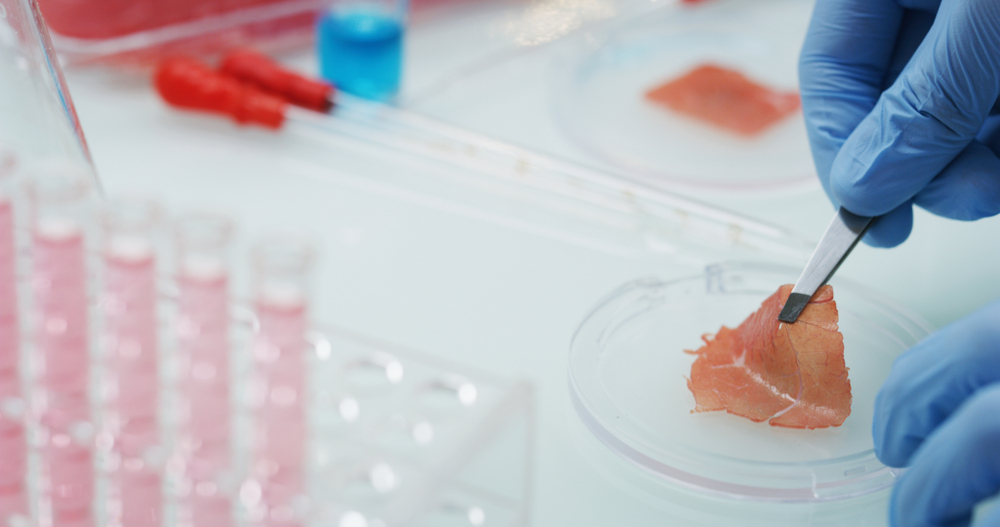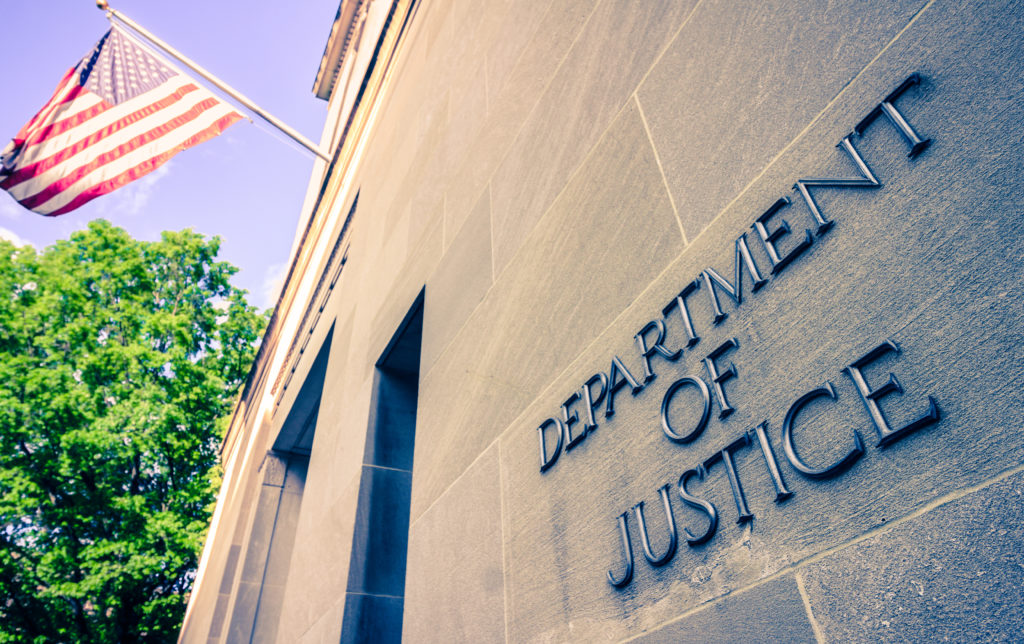In a heartbreaking case of parental neglect, a 12-year-old girl in Scotland has been admitted to a hospital after a life-long vegan diet left her with the spine of an 80-year-old. Raised on meat- and dairy-free meals since birth, the young child is said to have developed a severe case of rickets (a degenerative bone condition) and numerous bone fractures as a result of her nutritional deficiencies. Sadly, this is not the first time a child has suffered a vegan-related health calamity.
In a similar case five years ago, a 15-month-old child was taken into foster care after a strict vegan diet left her with internal injuries, broken bones, missing teeth, and rickets. And since then, at least two vegan children have died from similar complications. In one Florida case, a 5-month-old girl was still at newborn weight when she died from malnutrition. Her siblings were severely malnourished, and at least two had developed rickets.
These grievous examples show how important it is to exercise caution when promoting vegetarian and vegan diets—especially for children. A New York Times columnist explained after a 6-week-old Atlanta vegan died last year:
As animal activists tout the supposed superiority of meatless eating, it’s important to note that a vegan diet can be downright dangerous unless it’s undertaken with caution. Extra steps like vitamin supplements and careful planning are particularly crucial for kids, since their bodies are not fully developed. Yet vegan activists at PETA and the woefully misnamed Physicians Committee for Responsible Medicine (PCRM) continue to push vegan diets without emphasizing the special needs of growing children.
That PETA aggressively markets its messages to children is nothing new. PETA activists have been instrumental in promoting the misleading idea that going vegetarian or vegan is a hip style statement, or a way to stay thin. Regardless of its (lack of) merits, that notion seems to be catching on. According to the American Dietetic Association, eleven percent of girls ages 13 to 17 identify themselves as vegetarian or vegan. But nowhere in today’s animal-rights propaganda will you find sufficient warning about the drawbacks, including protein and vitamin deficiencies.
PCRM has been particularly irresponsible in promoting vegan diets for kids. Despite ample evidence to the contrary, the group’s psychiatrist president even insists that "vegan diets are not only good for kids, it’s a preferable diet for kids."
As the recent news from Scotland so tragically illustrates, this advice is dangerously misleading. Vegan advocacy groups should stop glossing over the potentially disastrous details of their dietary agenda.




